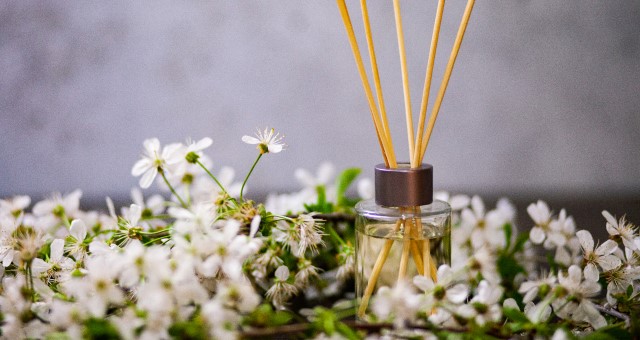As sensory design continues to gain momentum, Ruth Hogan spoke to Danny Lattouf, Partner and Chief Strategy Officer at creative agency, The General Store, about the power of scent in the guest experience.
How important is scent in evoking memories?
Our sense of smell is so powerful, yet it’s often forgotten by brands when they create experiences. They’ll focus almost entirely on what customers can see, sometimes what they can hear, minimally what they can touch – and almost never smell.
It’s such a lost opportunity, because some of our favourite scents are associated with our favourite things, whether it’s freshly baked bread at a patisserie or fresh popcorn at the cinemas. Our olfactory senses are directly connected to our emotions and memories. Imagine the incredible opportunities for brands that tap into that.
How can signature scents aid in branding and storytelling?
Depending on the hotel’s brand identity and the intention, a signature scent can instantly create the right environment for your guests, from elegant and luxurious to cosy, warm and inviting, and everything in between.
Just like the physical environment is an extension of the brand, fragrance is a further extension of a hotel’s identity. In the same way that every hotel’s touchpoint needs consistency, scent is no different.
It’s worth noting that a fragrance needs to work contextually, too. If your hotel is based in a tropical location, then a musky fragrance with leathery notes won’t work, but that might be perfect for the right brand somewhere in the mountains.
For example, if your guests are coming from a busy road and into your hotel lobby, a relaxing scent can help them transition, quickly decompress and be more receptive to truly arrive and be consumed by the entire experience.
Can you speak to the power of signature scents in terms of take-home experiences?
There are so many great opportunities for hotels to further extend their signature scents and brand experiences after their customers leave their premises. Hotels just don’t do it enough.
Firstly, a signature scent should at least extend to a hotel’s bathroom amenities on offer, so guests can take them home as an instant souvenir from their holiday. Secondly, smart hotel operators will then give guests the opportunity to purchase their scent, whether it’s candles, diffusers or scent sticks. The Bellagio, The Wynn and Edition all have similar offerings.
A great example of this is the Hotel Majestic in Barcelona, the city’s first ever luxury hotel. In 2015, it launched its own signature scent, Musc Imperial, a unisex woody floral musk fragrance. Guests loved it so much, they demanded to purchase it as a fragrance, and then a candle. Then the hotel swapped its existing Bulgari amenities line to feature Musc Imperial instead. It’s now available for purchase at stockists outside of the hotel.
What considerations should be made when creating a signature scent?
Of course, a hotel’s scent needs to align with the brand’s personality and promised experience – it needs to be an authentic extension of the brand. At the same time, it’s important that the fragrance doesn’t overwhelm guests as soon as they step into your space. It needs to be noticeable, but still sit in the background. After all, the best hotels have integrated food offerings, like open lobbies with cafes. The last thing you want while sipping a freshly brewed coffee is to smell an overbearing zesty citrus fragrance in the air.
It’s important to note that for a signature scent, hotel operators don’t need to choose something off-the-shelf. There are industry experts who can create your own fragrance based on a specific brief and proposition so a hotel can have ownership over it.
Importantly, while it may be tempting to create a unique scent, I would advise against creating something so wildly different that there’s nothing remotely like it elsewhere. Ideally, your fragrance will have certain notes in it that whenever and wherever your guests smell it after their holiday, like a special memento, they will be reminded of your hotel.


